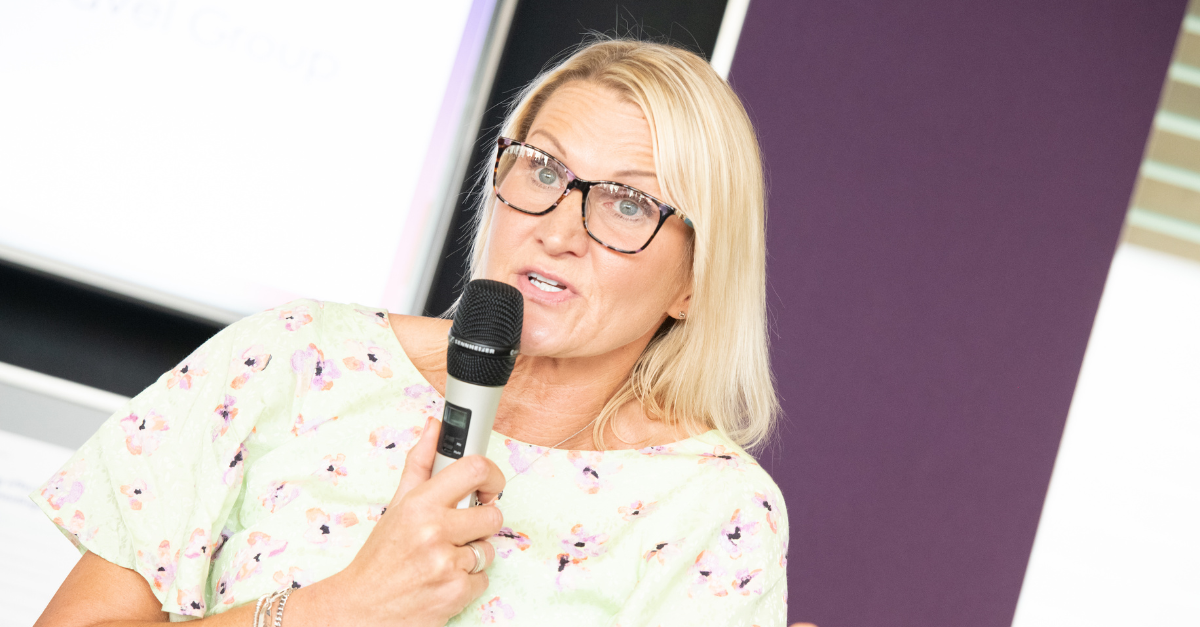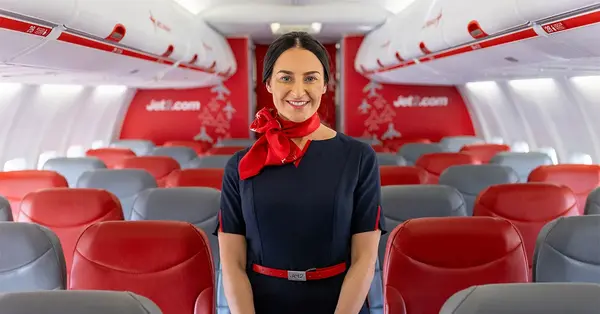You are viewing 1 of your 2 free articles
Firms increasingly cautious about recruiting amid economic uncertainty
Travel firms are increasingly cautious about recruiting staff due to economic uncertainty as well as the hike in national insurance costs and proposed employment law changes, according to C&M Travel Recruitment.
Co-owner and managing director Barbara Kolosinska told this year’s ABC Live recruitment and law forum the number of new travel vacancies advertised by the firm was down 8% in August on the same month last year and 6.5% down for the year to date on 2024.
Vacancies fell by 31% in August compared with July, although this larger drop was put down to the fact August is the second quietest month after December for the travel jobs market.
Describing the travel recruitment market as “buoyant” but not “amazing”, she said: “The issue we have in our sector is there are not as many vacancies.”
She said uncertainty in the general economy was feeding hesitancy, adding: “We’re finding clients [companies] are a little bit more cautious; they don’t necessarily want to increase their headcount because they don’t know what is going to happen [in the economy].”
Fears about tax rises and fiscal constraints for employers and the labour market were cited for the nervousness.
But Kolosinska also pointed to this year’s hike in national insurance contributions for putting companies off recruitment as well as proposed changes under the Employment Rights Bill, such as the ‘day one’ right for employees to claim unfair dismissal.
“It’s the ambiguity of the legislation,” she added.
At the same time, Kolosinska revealed the number of people looking for roles in the travel sector had shrunk.
The firm reported a 5% drop in the number of registered candidates in August on the same month in 2024 and a 7% fall for the year to date. The number remained flat for August compared with July this year.
“There is still a talent shortage but it’s not as bad as it was [immediately post-Covid],” she said, adding candidates were also cautious about applying for new jobs.
She noted the recruitment firm was having to hunt for candidates on websites such as LinkedIn because of high numbers of ’passive’ staff not looking for new jobs.
Kolosinska urged employers to be proactive when it comes to recruitment and to hire people not just via networking and advertising but by raising awareness of their business, including their brand, culture and ethos.
She added: “One in two people have quit their roles in the last 12 months due to expectations not being met.”
She also advised employers to act fast to avoid recruits accepting counter offers, and to recruit on “culture fit” rather than experience and lower expectations of job experience in the current market.
She added: “If you don’t act quickly that candidate will go elsewhere. Broaden your requirements. Recruit on ’culture fit’ and then you can teach the skills. Let’s be more agile on flexibility when hiring, look [and think] outside the box.”
C&M Travel Recruitment reported more positive figures when it came to travel job placements, which rose year-on-year, with 5% more candidates being placed in new travel jobs in August this year compared with the same month in 2024. Year to date, placements were 1% up on last year.
As expected, in line with a traditionally quiet August, the number of job placements fell in August by 21% on July.
Kolosinska added: "With many candidates and decision makers taking their summer holidays during the late summer months, activity in August nearly always drops.
"However, there were bright spots last month, with new candidates holding steady with July, while job placements were up compared to the same month in 2024. All attention now turns to the autumn months which are usually much busier for travel recruitment, with many companies looking to get great travel talent in place ahead of the peaks season."


















